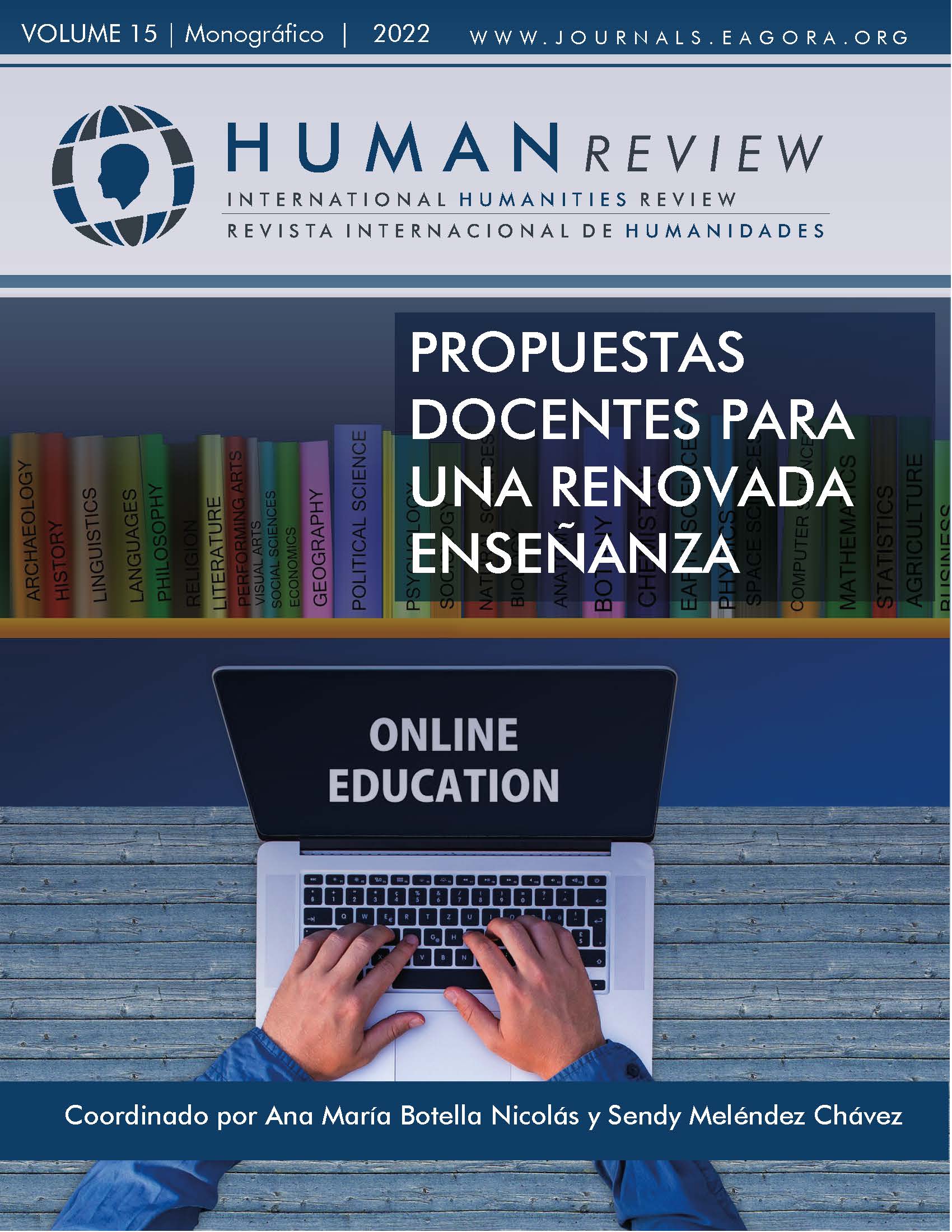Study of student - academic perception of implementation virtual teaching UCTemuco
DOI:
https://doi.org/10.37467/revhuman.v11.4247Keywords:
Design Education, Virtual teaching, Design, Proyectual teaching methodologies, CultureAbstract
The 2020-21 confinement forced humanity to adapt to the new way of life and create new scenarios with technologies that transformed physical and traditional teaching spaces, abruptly replaced by virtual scenarios. This cross-sectional, exploratory and descriptive study, carried out by applying forms and semi-structured interviews to students and teachers of Design UCTemuco; collected the perception and implementation of distance teaching carried out and evaluated the face-to-face return. We raise strengths, difficulties and opportunities in this new form of teaching that challenges us by questioning ourselves as a result of acquired learning, emerging methodologies, educational platforms and institutional internationalization policies.
References
Ariza, G. I., y Ocampo, H. B. (2005). El acompañamiento tutorial como estrategia de la formación personal y profesional: un estudio basado en la experiencia en una institución de educación superior. Universitas Psychologica, 4(1), 31-42
Del Valle, R., Lagos. P., y Ruiz, D. (2022). Informe de resultados ENCE 2020 Facultad de Arquitectura, Artes y Diseño. Universidad Católica de Temuco.
Estudios Pedagógicos, (2020) DEL APRENDIZAJE EN ESCENARIOS PRESENCIALES AL APRENDIZAJE VIRTUAL EN TIEMPOS DE PANDEMIA. XLVI N° 3: 213-223.
Martí, I. (2003). Aprendizaje-Virtual. En Diccionario Enciclopédico de Educación. Grupo Editorial Ceac S. A. (LEXUS).
Downloads
Published
How to Cite
Issue
Section
License
Those authors who publish in this journal accept the following terms:
- Authors will keep the moral right of the work and they will transfer the commercial rights.
- After 1 year from publication, the work shall thereafter be open access online on our website, but will retain copyright.
- In the event that the authors wish to assign an Creative Commons (CC) license, they may request it by writing to publishing@eagora.org









